Aseptic Techniques 3rd June 2025
Learn techniques to work safely with microorganisms in a laboratory.
Details
When? Tuesday 3 June 2025, 9:00 to 12:00
Where? Department of Biology University of York Wentworth Way, York
CPD Approved This event is approved for CPD
* * This course contributes to the Royal Society of Biology's Technical Skills Certificate
Overview
The environment is teeming with microbial life. On this practical course you will learn about where microbes live and the aseptic techniques that microbiologists use to study them and to prevent contamination of cultures.You will learn techniques to protect the operator (i.e. you) and others from contamination by the microorganisms under study and also prevent contamination of cultures and equipment by other microorganisms in the environment.
Microorganisms can be grown in either liquid or solid culture. The simple techniques that you learn will be used to transfer microorganisms between different media without contamination. These exercises will enable you to familiarise yourselves with the sterile techniques and equipment.
Aims
The broad aims of the course are to:- Provide the foundations of aseptic technique, why it is an important skill for research and how it is applied across bioscience and medical research.
- Introduce the equipment and techniques of microbiology.
- Provide practical application to sterilise equipment and inoculate cultures.
- Provide the dos and don'ts of aseptic technique.
Who is the course for?
Biological and medical scientists who wish to learn aseptic skills and how to refine and apply them. No prior knowledge of aseptic techniques or microbiology will be required, and the purpose of the course is to offer a practical point of access to these techniques in a practical user-friendly form.Learning outcomes
Knowledge and understanding- Understand the principles of aseptic and microbial techniques.
- Learn about culturing microorganisms
- Learn the different methods of inoculation and types of contamination.
- Practical application of generic methods to sterilise equipment, inoculate, culture and assess own aseptic technique.
- Understand the importance of refining a good aseptic technique.
Skills, qualities, and attributes
- Learn aseptic techniques and able to apply them appropriately to microbiology.
Course tutor
The course will be run by Adrian Harrison. Adrian is a microbiologist with over 30 years of experience working in a number of different aspects of microbiology. He started his career working in the field of Bioremediation, using microbes to treat pollution. Since then, he has worked in both environmental and medical microbiology both in a commercial and university environment. He was involved in developing an electronics-based machine to detect microbes in a range of materials (from water to urine / blood samples) and has developed several methods for testing antimicrobial finishes applied to socks and other materials.Technical skills and continuing professional development
Fees
- Members of Member Organisations, SCAS members - £360 + VAT
- Non-members who have completed a membership application and made payment - £240 + VAT
Contact
For further information about the course please contact Raksha Gohel, training and registers officer at training@rsb.org.uk or on 020 3925 3449.Special requirements
If you have accessibility requirements, please let us know during your booking, and we will do what we can to accommodate your needs.Terms and Conditions
Code of Conduct
By its Royal Charter, the Royal Society of Biology (RSB) has the powers to promote, establish and support standards of professional skill and conduct. The RSB is committed to ensuring equal opportunities in the life sciences, and supports diversity throughout the pipeline. We proactively promote a culture of inclusivity within our discipline and the broader STEM community. It is vital at any RSB event or meeting, that everyone attending is free from any form of harassment or discrimination, feels comfortable and safe, and has the opportunity for an enjoyable experience.
